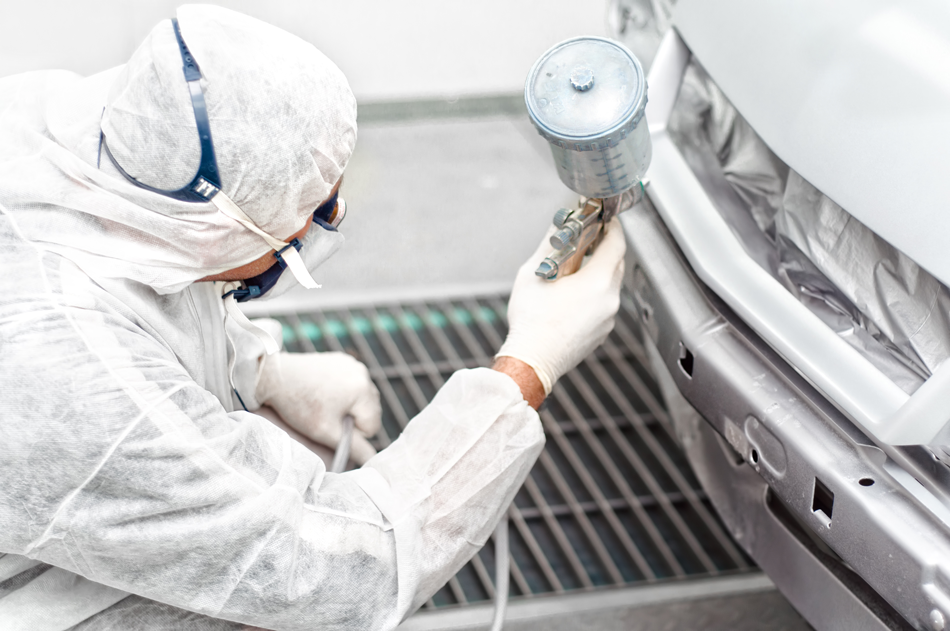
Spray Gun Choice
With so many different types and models of spray guns available, it may be difficult trying to choose which one would work best for your process. There are a number of criteria to consider when deciding which type of spray gun to go with. Doing a little bit of research and knowing your capabilities will go a long way in being able to determine what type of spray gun your setup can support and greatly ease along the purchasing process. Here are some good information that will help you with your spray gun choice.
- Material Viscosity: This may be the single most important piece of information you can have before you begin the spray gun purchasing process. This determines the needle/nozzle size that you need in order to atomize your material optimally.
- Air Compressor Data: PSI and CFM numbers (especially CFM) are very helpful when it comes to spray gun selection. Many industrial spray guns have much higher CFM requirements than their commercial counterparts, and thus, you must make sure your compressor(s) can support them.
- Spray Pattern Size: How large of a fan pattern do you need? DO you need a round pattern or a wide pattern? Typically, many spray gun models and air cap types are differentiated by the type and size of spray pattern they produce.
- Type of Spray/Atomization Required: If you are looking for a fine finish you would generally want a Conventional model. However, there are some states that are bound by laws that are meant to limit the amount of VOC’s released into the atmosphere. In this case, you would need an HVLP model. HVLP Plus is also available that can give you HVLP material savings with a close-to-Conventional fine finish.
- Material Supply: How much material will you be going through? For smaller jobs, a gravity feed gun is ideal. For other jobs however, a pressure feed gun is needed due to the amount of material being used. Also take into consideration where the material will be originating. A 55-gallon container, for example, can utilize a pump system in which the material is supplied directly from the container itself. In other situations, such as when constant material pressure is critical or when agitation is needed, a pressure tank is ideal.
These are the major pieces of information that you should have available with your spray gun choice. It will greatly speed up your purchase process and you will begin to understand how different spray gun product lines are differentiated. I can also guarantee that if you don’t have these pieces of information when approaching a sales agent, he/she will ask for them.
– Jorge Flores, Marketing Coordinator
Coating Equipment Technology, Inc
